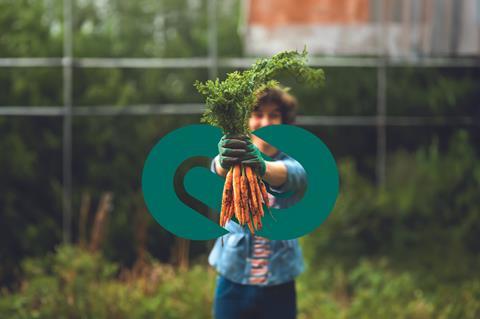National and industry-specific plans to tackle waste have been collaboratively developed by End Food Waste Australia
End Food Waste Australia with the Australian Bananas Growers’ Council, Melons Australia, and the horticulture industry have released a new, nationwide plan to help halve Australia’s food waste by 2030.

The Horticulture Sector Action Plan provides an Australian-wide view of key horticulture food waste root causes and identifies the most impactful actions to reduce food waste.
In addition to the national plan, dedicated Food Waste Action Plans for specific industries have also been created with bananas and melons leading the way.
The new action plans have been developed to tackle horticulture food waste – identifying the nine priority actions to reduce food waste from farm to retail.
“Reducing horticulture food waste is critical to reaching Australia’s goal of halving food waste by 2030 and will have positive impacts for everyone,” said Steven Lapidge chief executive of End Food Waste Australia.
“Tackling fresh produce waste would provide billions of dollars of economic benefits, reduce the growing environmental impact of our food system, and will directly help feed millions more food insecure Australians every year.”
The nine key action areas identified in the plan aim to reduce fresh produce food waste that occurs at every stage of the food supply chain – on farm, during transportation and manufacturing, and in retail stores.
Interventions include improving food waste data and measurement, exploring whole crop purchasing arrangements, reviewing product specifications, improving logistics to get fresh produce to food rescue charities, investing in and growing value-add opportunities and Australia’s upcycled foods market – such freeze-dried fruits, vegetable powders – along with many more.
Lapidge said the melon and banana industries had been able to develop a set of targeted priority actions.
“Food waste is a A$36bn challenge that is far too big for anyone, or any single sector, to tackle alone. The horticulture industry, with leadership from the bananas and melons industry and support from Queensland Government and Hort Innovation Australia have come together to demonstrate collaboration on sustainability leadership in the development of these plans,” Lapidge said.
Leon Collins, chairman of the Australian Banana Growers’ Council said the Australian Banana Growers’ Council was proud to be at the forefront of the horticulture industry in finding solutions to reduce banana food waste.
“Reducing food waste provides a triple win – helping improve our industry profitability, reducing environmental impact, and assisting in food security for those in need,” said Collins.
“Australian banana growers have always embraced ways to improve our industry and this plan to reduce food waste is no exception.”
Johnathon Davey, Melons Australia executive officer said the Australian melon industry was committed to doing its bit and supporting Australia achieve its goal of halving food waste by 2030.
“This plan is strategic and presents a way forward and significant growth opportunities for our growers, for the melon industry, for all Australians and the environment,” said Davey.
“We acknowledge that by reducing food waste we create opportunities to improve grower and the broader supply chains profitability, reduce the environmental footprint of food waste and assist those Australians experiencing food insecurity.”



